Nepal-Bangladesh mentor city exchange program - building bridges for better sanitation
03 June, 2024
The Citywide Inclusive Sanitation (CWIS) approach was introduced as a paradigm shift in sanitation to tackle sanitation issues stemming from population growth and rapid urbanization. Currently, CWIS is being implemented in over 30 countries, with a significant focus on South Asia. Project entitled “Citywide Inclusive Sanitation Scaling and Sanitation Innovation” primarily funded by BMGF, are being implemented in Nepal and Bangladesh respectively for the advancement of the CWIS. The success of these projects can serve as a model for other countries facing similar challenges, demonstrating the potential of CWIS to transform urban sanitation globally.
As a part of the project, the concept of Mentor city has been developed which aims to develop a model sanitation city excelling in one or more sanitation services guided by the global CWIS indicators. Whilst the project implementation, few municipalities in Nepal and Bangladesh have developed and showcased efficient sanitation initiatives, developing themselves as mentor city. Given their similar sanitation scenarios, the cross visit between the two nations would provide an opportunity to explore sanitation initiatives and replicate it in their local context.
Recently, Environment and Public Health Organization (ENPHO) in Nepal and the International Training Network at Bangladesh University of Engineering and Technology (ITN-BUET) jointly organized a mentor city cross learning visit program from 1st -3rd June 2024, where a team of representatives from the mentor cities (Kushtia, Faridpur, Jhenaidah, Shakhipur, and Lakshmipur Municipalities, along with the Municipal Association of Bangladesh and ITN-BUET) of Bangladesh visited the mentor city in Nepal. This cross-border exchange visit aimed to foster collaborative learning and knowledge sharing between the city officials of Bangladesh and Nepal, focusing on the achievements and challenges faced in the journey towards becoming CWIS mentor cities.
Day 1: Meet and greet
The exchange visit formally started with a greeting program on 1st June 2024 at Everest Hotel Kathmandu. During the event, Executive Director of ENPHO Ms. Bhawana Sharma formally welcomed all the delegates from Bangladesh. Program Manager Mr. Ash Kumar Khaitu also shared the overall schedule of the 3-day event with all the delegates while Program Manager Allaudin Ahmed and Program Director Rajendra Shrestha briefly shared about the concept of CWIS during the event setting the stage for the following days of intensive learning and exchange.
Day 2: Mentor City Visit
The second day featured a visit to Mahalaxmi Municipality, one of the mentor cities. A formal sharing program was organized whereby Mr. Rabindra Upreti, an engineer presented the city's journey to become a mentor city, highlighting their sanitation initiatives, challenges faced, and achievements. Upreti detailed the use of a Geographic Information System (GIS)-based sanitation app for monitoring construction of septic tanks, and the Integrated Management Information System (IMIS). He also discussed standardizing septic tanks, capacity-building initiatives, and the revival of the Lubhu Fecal Sludge Treatment Plant (FSTP). During the program, Mr. Alaudin Ahmed, remarked on the similarities between Nepal and Bangladesh in sanitation progress and emphasized the potential for adopting Nepal’s successful practices in Bangladesh.
The team then visited various sanitation projects within Mahalaxmi. Faecal sludge treatment plant in Lubhu was the first point of exploration which is basically a demonstration site for small-scale faecal sludge management. Mr. Sunil Krishna Shrestha, Director of Saligram Bal Griha, explained about the operational modality of the FSTP while the operator Mr. Surya Prasad Ghimire described the treatment process and the use of by-products like biogas, treated water, and compost. Engineer Debendra Shrestha from ENPHO elaborated technical details on the treatment process.
Following the FSTP, the team then visited Aerosan's Public Toilet, an exemplary public toilet managed through a PPP approach. This facility is notable for its design catering to women, environmental stewardship, and sustainable community service, and has been functioning as a financially viable enterprise. The Bangladesh team was inspired by Aerosan's model and expressed interest in replicating some of its features for their smart public toilets in their municipalities.
The second day concluded with a visit to heritage tour of Patan, where the delegation explored the rich cultural heritage and stunning architecture of ancient royal palaces.
Day 3: Practical insight and sharing workshop
The final day was dedicated for the visit to the Guheshwori wastewater treatment plant, which is the only large-scale wastewater treatment plant in Kathmandu. This visit provided the delegates with practical insights into the operation of the wastewater treatment plant along with information on the different components in the system being used.
As a part of this exchange program, a sharing workshop was organized. Waling municipality, which is another mentor city of Nepal, also joined the workshop. Mr. Dhurba Regmi, engineer for the Waling municipality presented on the sanitation status of Waling along with their journey of growing as a mentor city. Meanwhile, a representative from each of the participating municipality from Bangladesh also shared their best sanitation practices and initiatives. Mr. Ranver Ahmad, Town Planner from Khusita Municipality, Mr. Md. Shamsul Alam, Executive Engineer, Faridpur Municipality, Mr. Md. Badar Uddin, Social Development Officer, Jhenaidah Municipality, Mr. AK.M Shamsuddin, Assistant Engineer, water supply from Lakhipur Municipality and Mr. Md. Mahbubur Rahman, Executive Engineer from Sakhipur Municipality shared on the best sanitation initiatives in their respective municipalities.
The workshop facilitated a dynamic exchange of experiences with both Nepalese and Bangladeshi participants contributing their unique perspectives. The workshop and the visit program were formally ended with an expression of gratitude and exchange of token of love along with remarks from the representatives.
Remarks
"We are at the end of this fruitful three-day cross-learning visit, where we explored the FSTP, Wastewater treatment plant, and learned about the sanitation initiatives of Waling Municipality. I would like to express my gratitude to ITEN-BUET and ENPHO for organizing such an insightful experience."
Mr. Parimal Kumar Dev
CEO, Municipal Association of Banglasesh
"Waling municipality can achieve more in sanitation by exchanging knowledge with mentor cities. We are dedicated to implementing the successful practices of Bangladeshi municipalities. I would also like to extend my gratitude to ENPHO for this opportunity and invite the Bangladesh team to visit Waling next time."
Ms. Kabita Tiwari Gaire
Deputy Mayor, Waling Municipality, Nepal
"We are honored to visit Nepal for such valuable learning opportunities. We have similar initiatives in Bangladesh, and this visit has provided us with useful knowledge that can be implemented in our country. On behalf of all the municipalities of Bangladesh, we would like to invite the Nepal team as well as the ENPHO team to Bangladesh for cross-learning."
Mr. Amitave Bose,
Mayor, Faridpur Municipality, Bangladesh
"The exchange of learning between mentor cities in the area of sanitation has been very fruitful. The observation visits, presentations, and the discussion sessions between the mentor cities of the two countries have proven that we can learn some new things from each other and replicate the best practices."
Ms. Bhawana Sharma
Executive Director, ENPHO
In conclusion, this cross-learning visit highlighted the transformative potential of the CWIS approach in urban sanitation through the exchange of experiences and practical insights. The program enabled participants to share best practices, explore innovative sanitation solutions, and establish lasting partnerships. Consequently, both countries are now better prepared to improve their sanitation strategies and achieve their objectives for safe, inclusive, and sustainable sanitation systems. The success of the event lies in its ability to bridge gaps, foster understanding, and create a platform for continued cooperation in the pursuit of sustainable sanitation solutions.
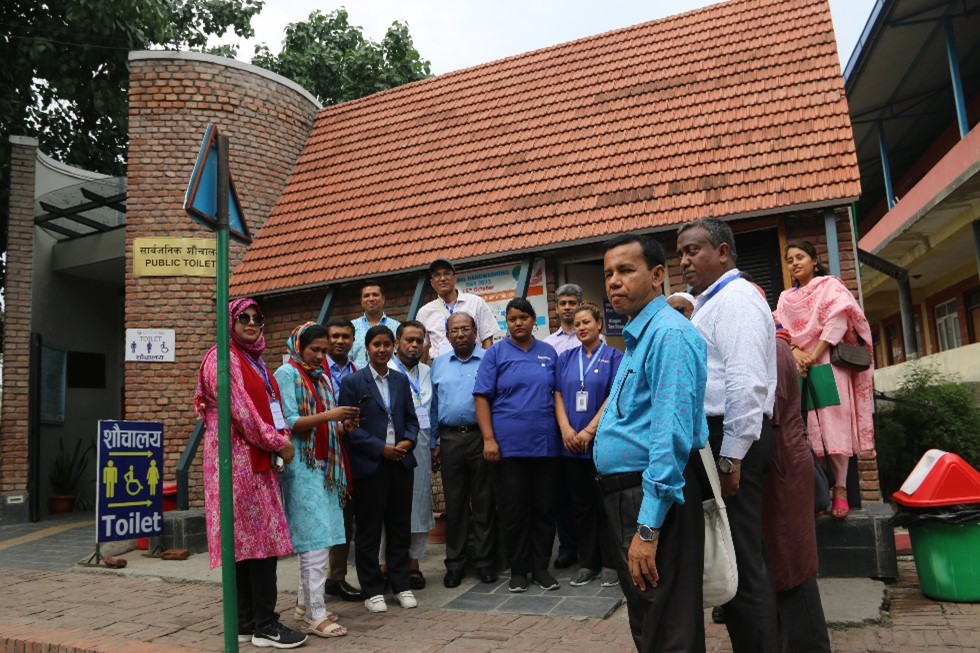
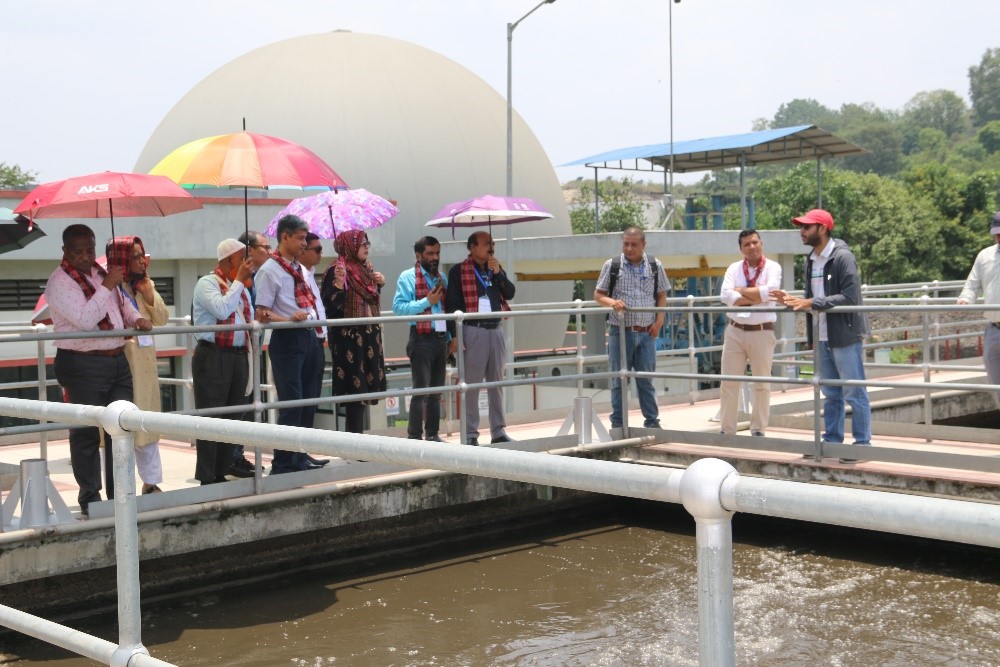
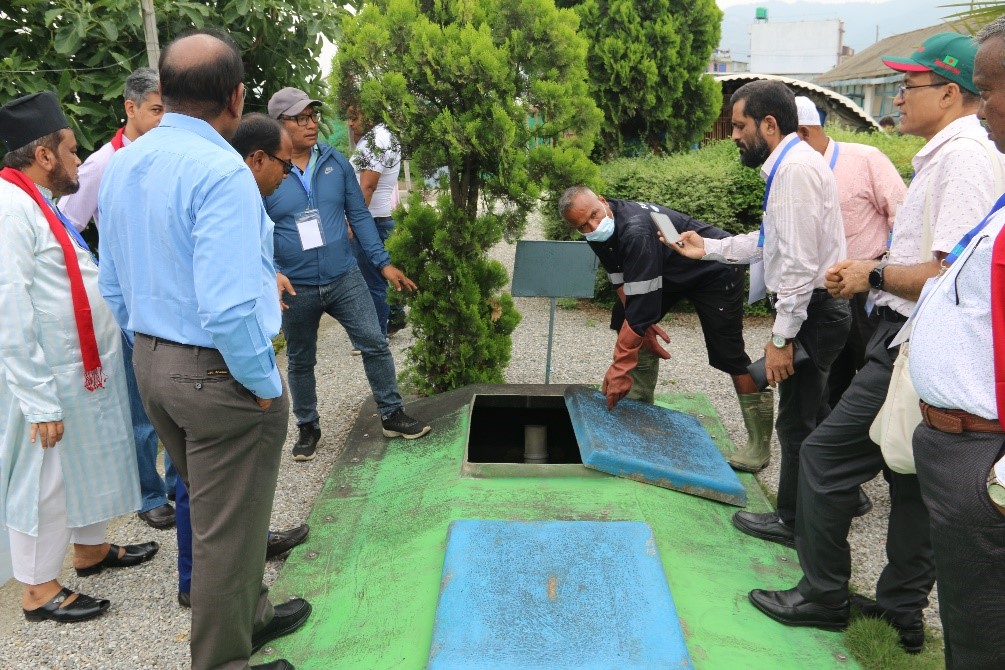
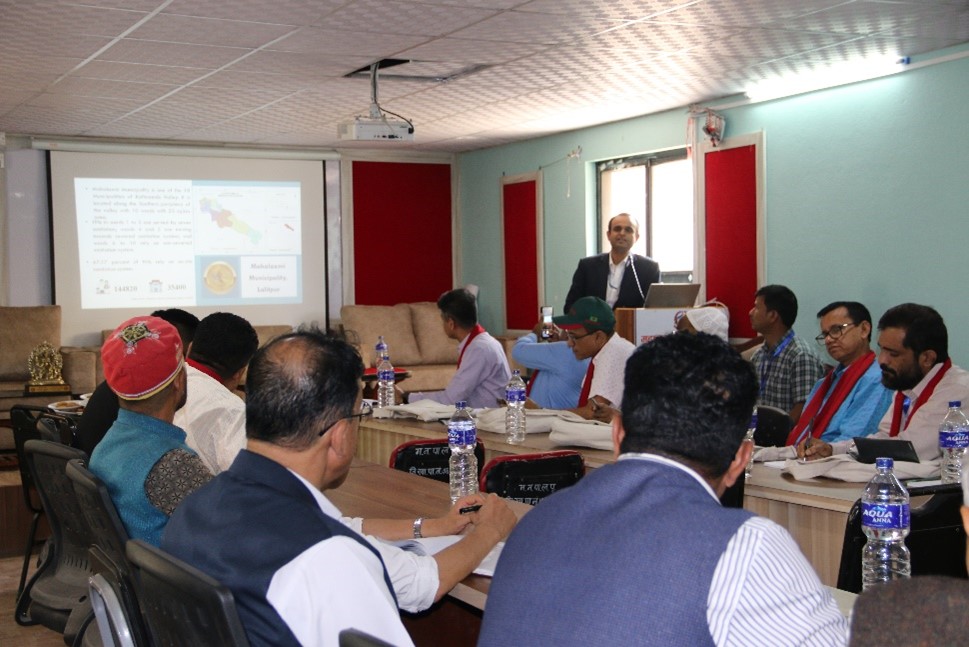
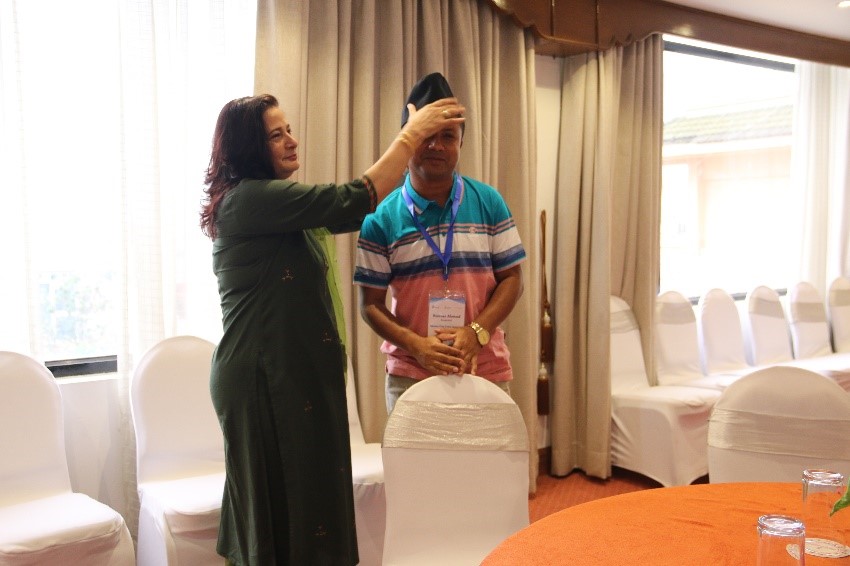

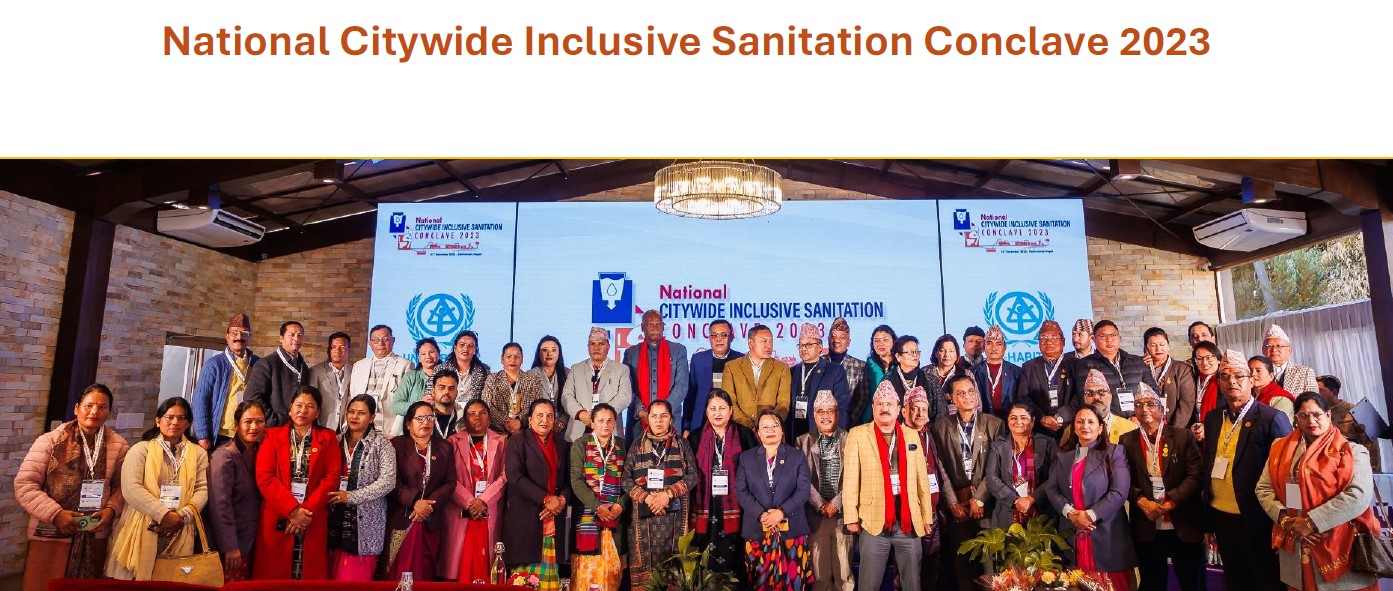
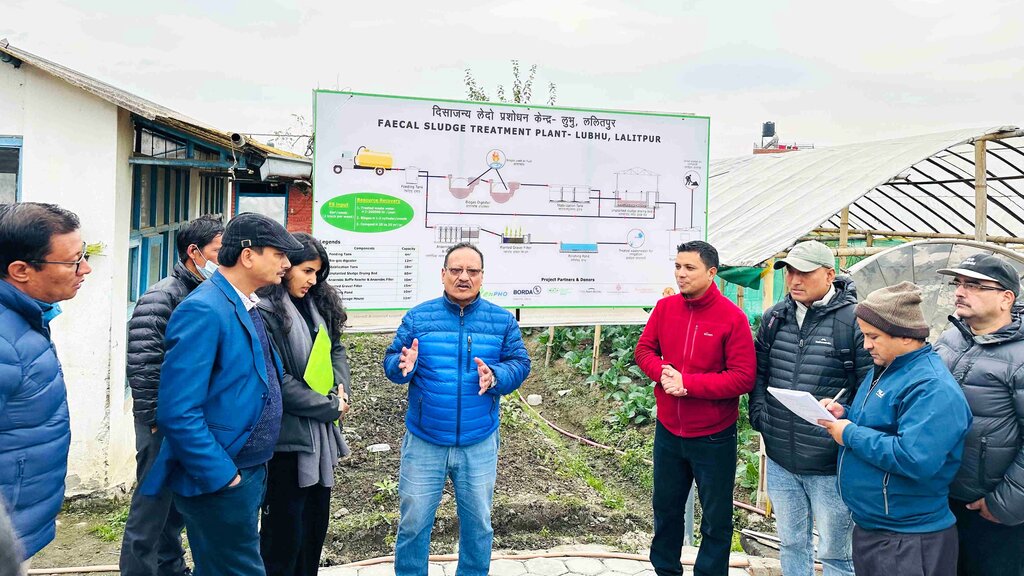
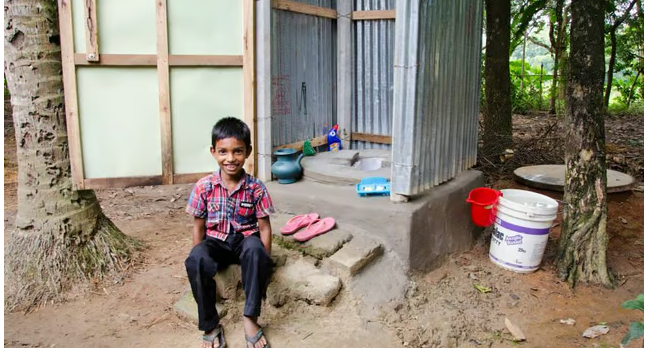
No comment yet.